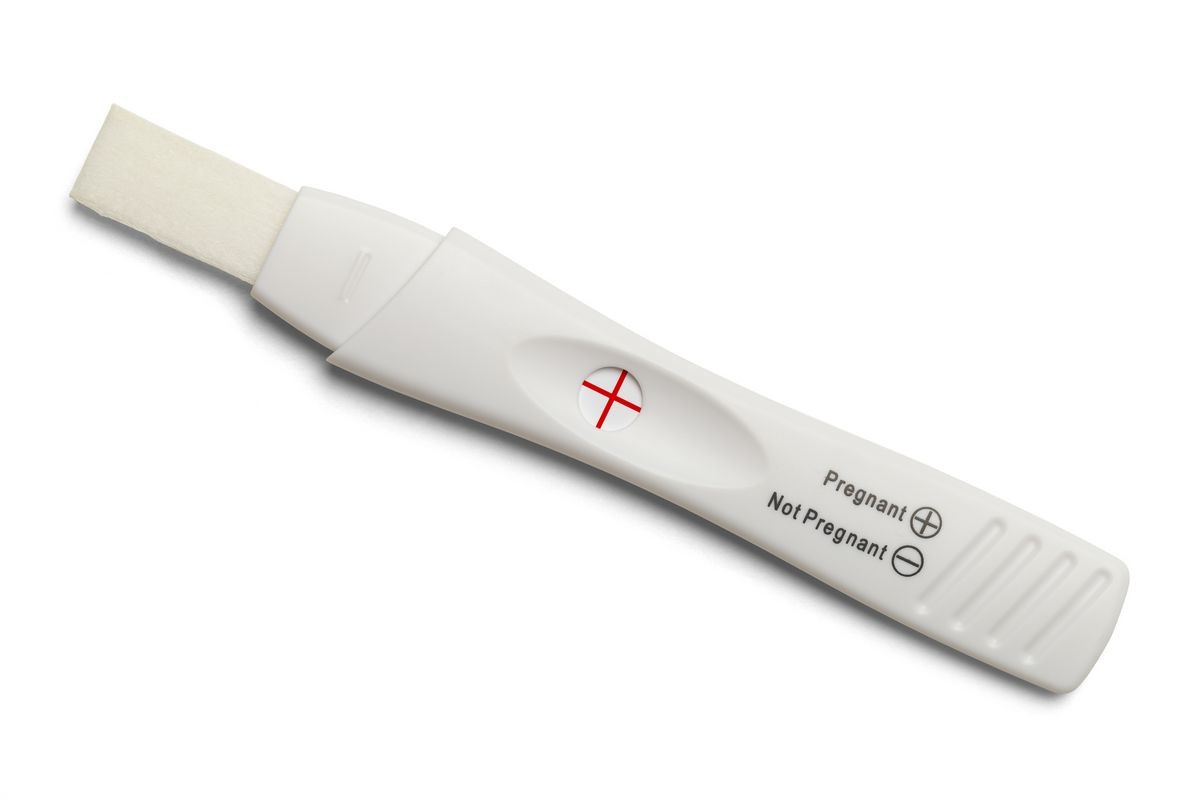
Contents
What Is a Positive Beta hCG Level?
A positive beta hCG level indicates pregnancy. The level depends on the stage of pregnancy.
A positive beta-human chorionic gonadotropin (hCG) level usually means pregnancy. Pregnancy tests detect the hCG hormone in blood and urine.
Beta hCG levels are measured using quantitative hCG testing. This test measures the quantity of hCG in urine in terms of mIU/mL or IU/L.
The following beta hCG values are used to detect pregnancy:
- Negative: less than 5 IU/L
- Indeterminate: 5 to 25 IU/L
- Positive: greater than 25 IU/L
The indeterminate value represents the gray area. Beta hCG levels will be tested multiple times during pregnancy to confirm a healthy pregnancy. High beta hCG levels may be observed in twin pregnancies or in choriocarcinoma, a type of cancer.
Beta hCG levels are matched against the chart below.
| 5-50 |
| 5-426 |
| 19-7,340 |
| 1,080-56,500 |
| 7,650-229,000 |
| 25,700-288,000 |
| 3,300-253,000 |
| 4,060-165,400 |
| 3,640-117,000 |
Note: These numbers are a guideline – every woman’s hCG level rises differently.
What is hCG? 2 Types of hCG testing
Human chorionic gonadotropin (hCG) hormone, often called the pregnancy hormone, is initially made by the lining cells of the embryo and later by the cells of the placenta. Its function is to nourish the fertilized egg.
The hCG level reaches its peak between 9 and 12 weeks of pregnancy and then remains steady for the rest of the pregnancy.
Two types of beta hCG testing are used:
- Qualitative testing: Also known as the urine pregnancy test, this test only indicates pregnancy.
- Quantitative testing: It measures the amount of hCG in the blood. A blood sample is collected and sent to the laboratory to check the blood levels of beta hCG. It is also known as hCG blood pregnancy test or Serum hCG.
A doctor usually orders a beta hCG blood test to confirm pregnancy after a positive urine pregnancy test. It is important to note that an ectopic pregnancy may also cause a positive test, which requires immediate medical intervention.
Sometimes, the doctor may not be very concerned about the hCG level as a healthy baby can still result from low levels. An ultrasound done at 5 to 6 weeks is more reliable than the beta hCG blood test.
The doctor will likely ask for multiple beta hCG level tests during the pregnancy.
The hCG level is not a completely accurate way to date a pregnancy because the numbers can vary widely.
Why is the beta hCG blood test performed?
Your doctor may request a beta hCG blood test to:
- Confirm pregnancy
- Determine the approximate age of the fetus
- Check for an ectopic pregnancy
- Diagnose miscarriage
- Screen for Down’s syndrome
The beta hCG blood test can also be performed to check the status of certain types of cancer. The levels are used to determine if a cancer treatment is effective.
Increased hCG levels are found in cancers of the:
Sometimes, beta hCG levels are used in the management of other conditions such as:
- Liver cirrhosis
- Stomach ulcers
- Inflammatory bowel disease (IBD)
15 Early signs of pregnancy
Symptoms may vary from woman to woman. Not all women experience the same symptoms during pregnancy. Fifteen early signs of pregnancy include:
- Spotting and cramping: When the fertilized egg attaches to the uterus, it causes spotting and cramping, similar to menstrual cramps.
- Missed period: The characteristic symptom of early pregnancy is a missed period.
- Vaginal discharge: Due to the thickening of the vaginal walls after conception, a woman may notice white, milky discharge.
- Fatigue: Pregnant women may complain of fatigue and tiredness.
- Frequent urination: Hormonal changes cause water retention and frequent urination.
- Breast changes: Women may experience breast soreness, heaviness, tenderness, fullness, or tingling.
- Morning sickness, nausea, or vomiting: Morning sickness is a common symptom of pregnancy.
- Food cravings or aversion: Some women may experience cravings for certain foods or aversion to others.
- Mood swings: Increased hormone levels in the first 12 weeks of pregnancy can cause mood swings.
- Constipation: Progesterone can cause constipation during pregnancy.
- Headaches: Mild headaches may occur throughout pregnancy.
- Dizziness and fainting: Hormonal changes can cause low blood pressure and sugar levels.
- Heartburn: The valve between the stomach and esophagus relaxes, causing heartburn.
- Weight gain: Women may gain weight in the first trimester.
- Nasal congestion: Hormonal changes can affect the mucous membrane of the nose.
Moreover, difficulty sleeping, shortness of breath, and low back pain are other signs of early pregnancy.
Medscape Medical Reference


